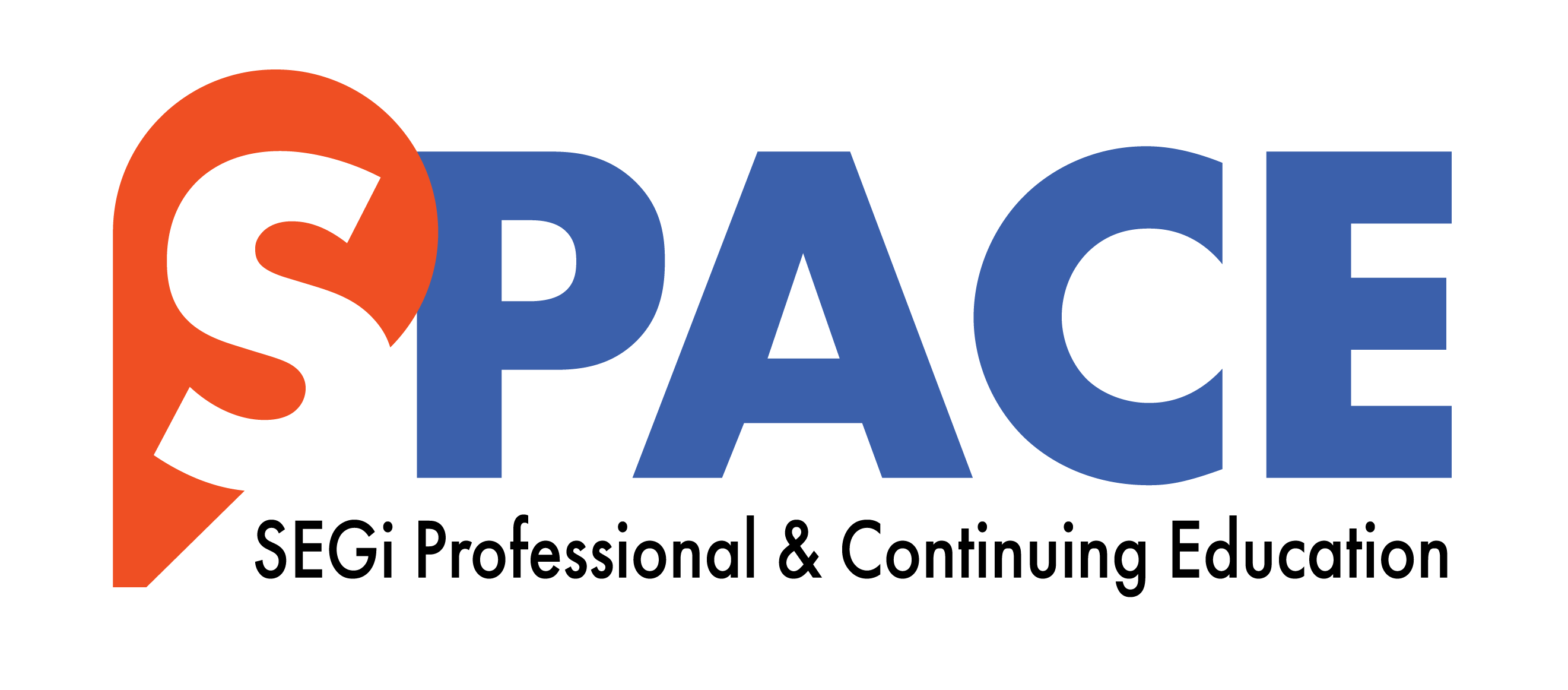Flexible Learning That Enhances Your Potential
Micro-credential certification in Introduction to Linguistics (BEd)
This course is an introduction to the study of language, and what language reveals about the nature of human beings and human behaviour. It introduces the basic theoretical concepts in the structural and social analysis of language. It presents the different levels of structural analysis of language. This is an introductory course to the sub-areas of morphology, phonology, semantics, syntax, sociolinguistics, language acquisition and history of language.

This programme is designed, delivered, assessed and awarded by SEGi University.
- What is Language and How Do We Study?
- The Human Capacity for Language
- Phonetics: Describing sounds & Phonology: The sound patterns of a language
- Morphology:Words and their parts
- Morphology: Typology and Word Formation
- Syntax: Head and Phrases
- Phrase Structure and Syntatic Rules
- Semantics: Making Meaning with Words
- Semantics and pragmatics: Making meaning with sentences
- The early story of English: English goes global
- Representing language: The written word (issues)
Coursework 1 - 30%
Coursework 2 -30%
Quiz - 10%
Report - 30%
- Bachelor of Education (Honours)
- Master of Education by Research
- Master of Education by Coursework
School leavers who want to get a head start before joining an academic programme or a working adults who want to upskill or learn a specific skill; work with rapidly changing technology; and/or acquire specialised skills sought after by employers.
